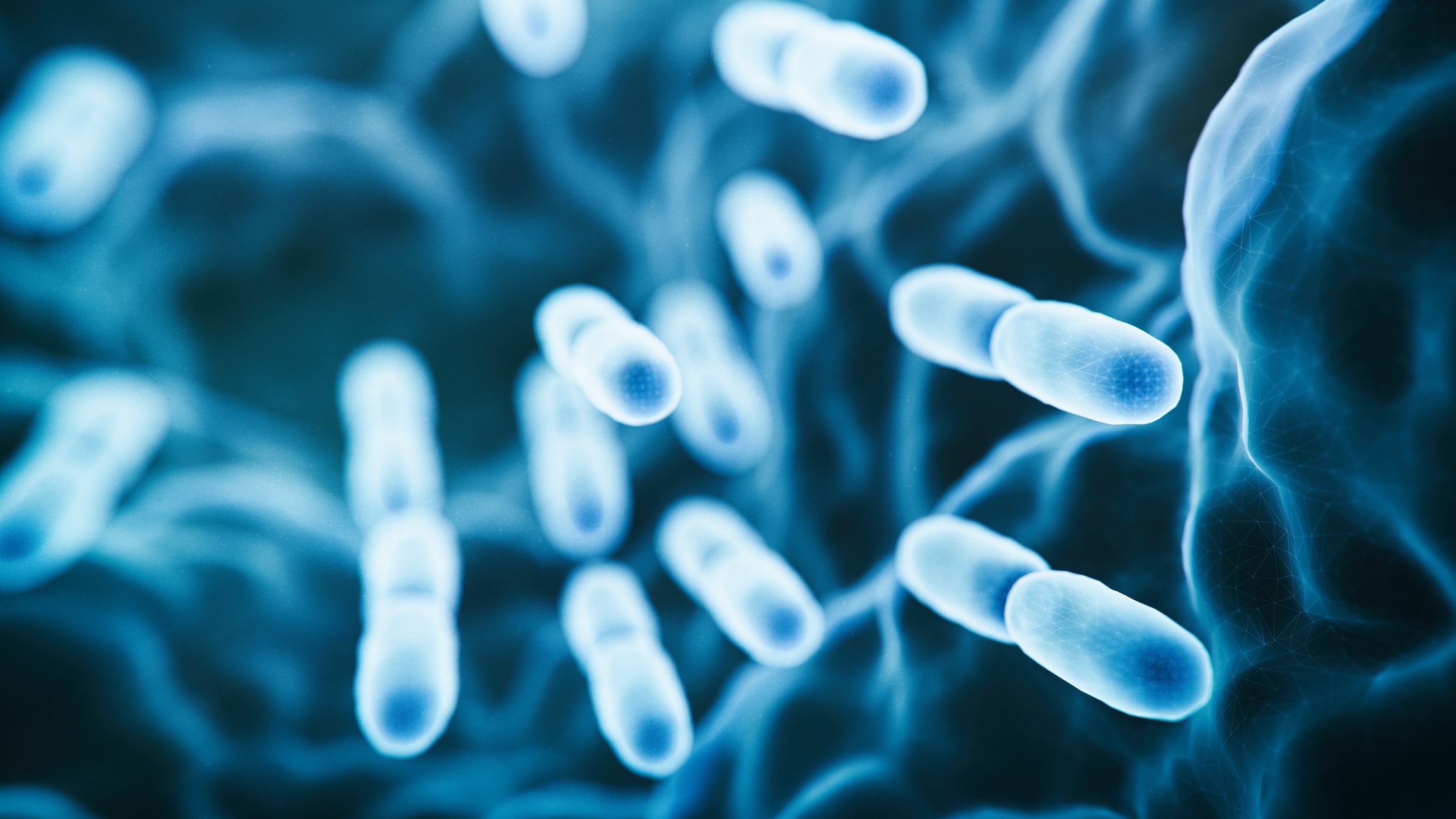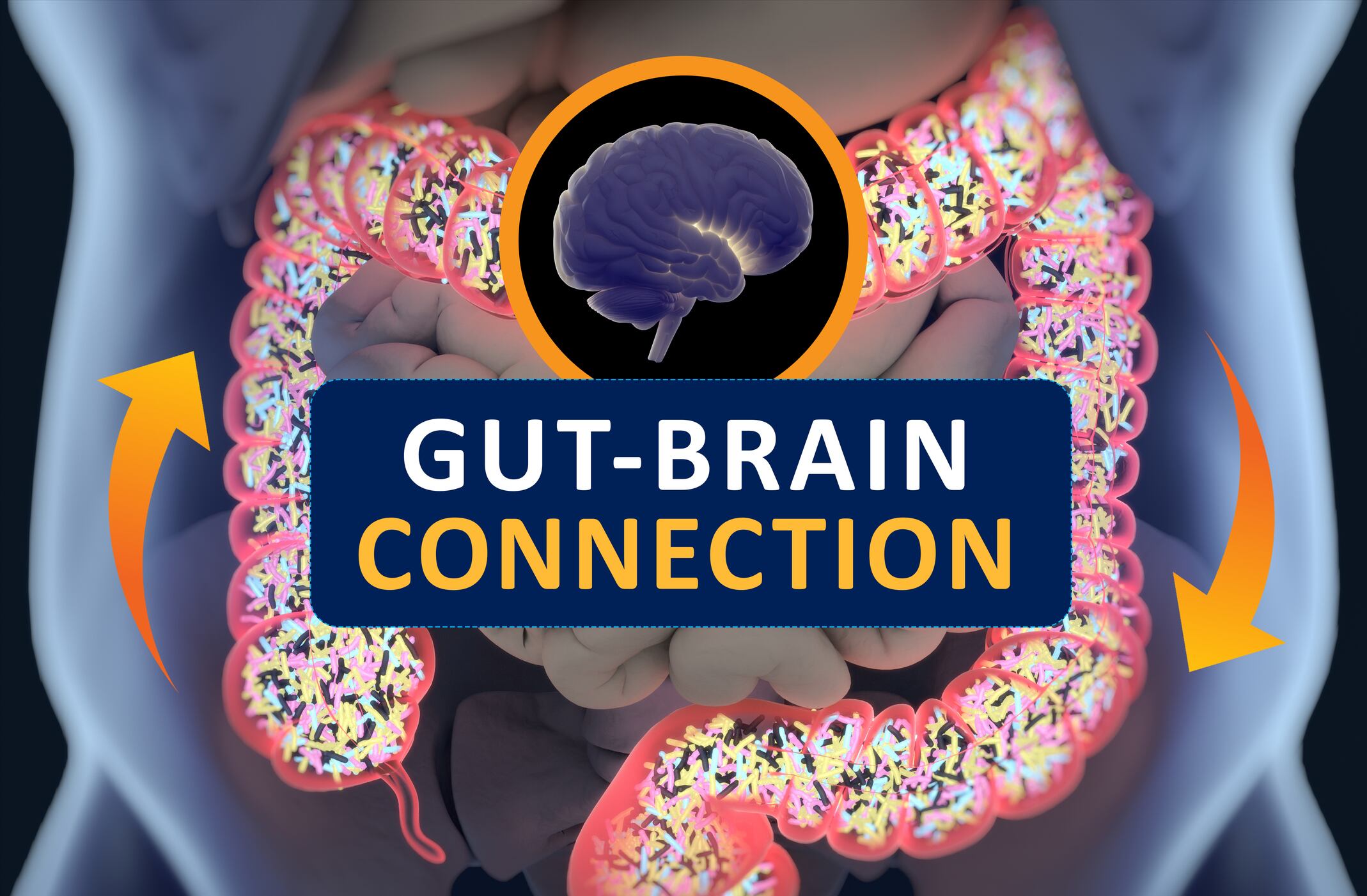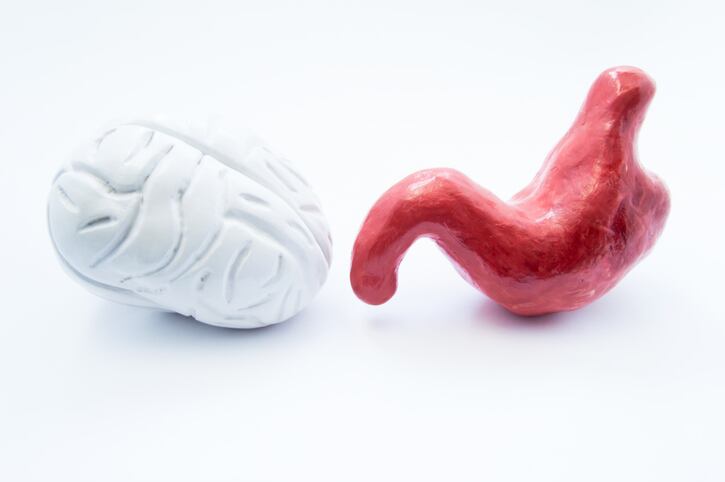A study on male mice conducted by Japanese researchers, and published in Frontiers in Neuroscience, revealed significant increases in gut Akkermansia muciniphila, Bifidobacterium, and Lactobacillus bacteria strains following oral administration of L. paragasseri, which reduced depressive symptoms.
Previous studies have identified major depressive disorders in patients with reduced Bifidobacterium and Lactobacillus and suggested a close association between A. muciniphila and depression, the authors say.
Improvements in depressive symptoms, observed in the current study, indicate L. paragasseri may have potential in microbiome therapeutics to encourage bacterial proliferation, the authors write.
“These results suggest that the administration of this strain increases the number of other beneficial bacteria, which may underlie its anti-depressive effect.”
Demand for new treatments
Evidence attests to the role played by the microbiota-gut-brain axis in depressive disorders and validates expert opinion on a correlation between gastrointestinal (GI) dysfunction and depression.
The authors argue that antidepressant treatment has a high rate of relapse among patients. In addition, studies indicate medication in childhood and adolescence increases suicidal thinking and behaviour. Such unfavourable outcomes consolidate the need for alternative treatment, they say.
“The development of new treatments for depression are greatly needed. Notably, it has been reported that gut microbiota is involved in the pathogenesis of depressive disorder, and that probiotics are useful for the prevention of depression.”
Previous studies show that L. paragasseri can induce an immune reaction and modulate anxiety and stress in young athletes. The researchers therefore hypothesized that it may also modulate gut microbiota and influence host behaviour and developed a mouse model of depressive disorder to test their theory.
Protocol summary
A social defeat stress (SDS) model was employed to investigate whether oral administration of L. paragasseri OLL2809 improved depressive-like behaviour in 72 eight-week-old male mice.
The probiotic was administered for two weeks following a four-week period of SDS. Effects on basal serum corticosterone levels and changes in neural development were examined and alterations in gut microbiota analysed.
Mice were treated with 2 x 109 cfu/day of OLL2809 mixed with dumplings made from chow and tap water. The preparation was administered for 19 days from the end of stress exposure with the mixture replaced every two days.
Increased micro-organisms
Further analysis identified changes in 19 microbial species due to stress exposure and 37 following administration of OLL2809.
Among these, researchers observed significant increases in the number of Akkermansia muciniphila, Bifidobacterium, and Lactobacillus in faeces, which could have beneficial effects, they say.
“The combination of Lactobacillus and Bifidobacterium had an anti-depressive effect on the rodents. OLL2809 treatment significantly increased these micro-organisms, suggesting it may activate gut microbiota, accelerate granule neuron development in the hippocampus, and ameliorate depression-like behaviour.”
They explain that although stress exposure did not induce a decrease in A. muciniphila, treatment with OLL2809 significantly increased the bacterium.
Novel candidate
High corticosterone levels are symptomatic in depressive behaviour and although significant increases were detected in blood serum, levels were unaffected by probiotic intake, according to researchers.
“OLL2809 increased cell proliferation in the hippocampal dentate gyrus, indicating that it may exert anti-depressive effects through a mechanism that does not involve corticosterone. Further studies should be conducted to clarify the underlying mechanisms,” they write.
Furthermore, linear discriminant analysis effect size (LEfSe) data indicated that anti-depressive effects were possibly ameliorated by the presence of Erysipelotrichaceae uncultured.
Results showed different levels of Erysipelotrichaceae and Dubosiella (a genus of Erysipelotrichaceae) in the stress group compared with the OLL2809 group, but further investigation is needed to clarify whether the increase protects against depression.
Nevertheless, “Erysipelotrichaceae uncultured may be a novel candidate biomarker of depression and OLL2809 may exert its beneficial effect by upregulating this bacterial family,” they say.
Findings therefore provide further clarification on the beneficial health-promoting effects of L. paragasseri as a probiotic therapy.
Source: Frontiers in Neuroscience
Published online, June 28, 2022: http://doi:10.3389/fnins.2022.918953
‘Lactobacillus paragasseri OLL2809 Improves Depression-Like Behaviour and Increases Beneficial Gut Microbes in Mice’
Authors: Narumi Hashikawa-Hobara, Ami Otsuka, Chihiro Okujima and Naoya Hashikawa




